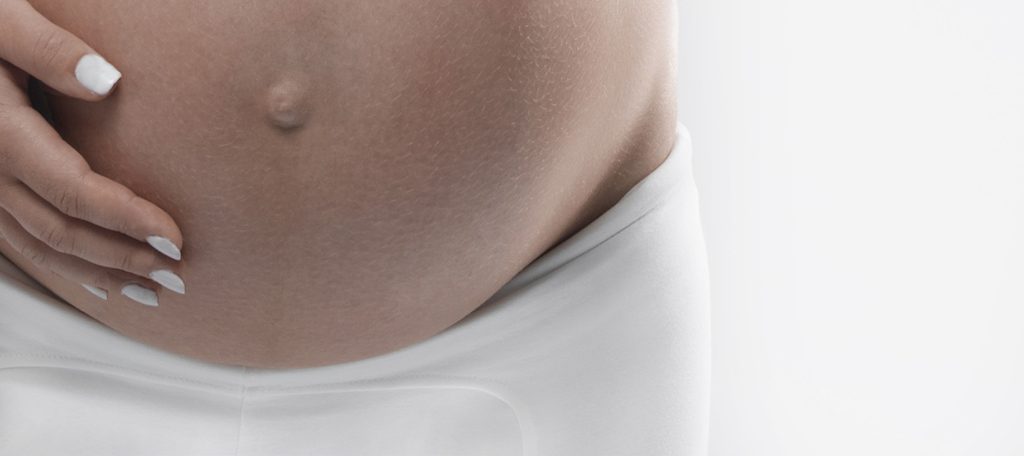
Pregnancy can be a trying time: morning sickness, food craving and mood swings are just some things that mothers-to-be have to deal with. There are also many myths about pregnancy that are being talked about amongst friends and family, and posted on the Internet. Such myths may cause expectant mothers and their husbands to worry unnecessarily, mainly because many of them are untrue. Below are six common myths worth addressing. Remember to seek the advice of a doctor whenever you are unsure about anything pertaining to pregnancy.
(1) Myth: Expectant mothers should not eat fish.
This is false. Eating two servings of fish weekly can benefit mother and baby. Oily fish such as salmon is especially good as it is high in omega-3 fatty acids, which help with the development of the baby’s brain and vision. However, fish high in mercury should be avoided. These include mackerel, shark, tilefish and swordfish. It is advisable to skip raw fish too as it is more likely than cooked fish to contain parasites and bacteria.
(2) Myth: It is unsafe to go for X-rays during pregnancy.
This is true. Radiation exposure should generally be avoided at all costs, but if you do need to go for an X-ray urgently during pregnancy, doctors will place an external lead shield to minimise the radiation to the uterus and hence the fetus. However, it is fine to pass through airport body scanners. There is also no evidence to show that radiation from microwave ovens or computer terminals is harmful.
(3) Myth: Pregnant women should eat for two.
This is false. When you are pregnant, you require only about 300 extra calories a day; the average woman gains 12-14kg during pregnancy. Do note that women who gain too much weight when they are carrying just one child have a higher risk of a cesarean section or a difficult vaginal birth.
(4) Myth: Do not get flu shots when you are pregnant.
This is false. The flu vaccination is advisable for pregnant women in their second or third trimester as pregnancy tends to depress their immune system, making them susceptible to more severe complications should they get infected with the influenza virus. They should not get the flu vaccination in the first trimester.
(5) Myth: You cannot visit the dentist during pregnancy.
This is false. Mothers-to-be should maintain good dental health, and hence should continue their routine visits to their dentist or consult them whenever they have dental problems.
(6) Myth: Caffeine must be avoided during pregnancy.
This is true. Studies show that pregnant women who consume more than 200mg of caffeine a day have a higher risk of low birth weight babies and miscarriages; the higher the caffeine intake above 200mg a day, the lower the birth weight of babies. The Royal College of Obstetricians and Gynaecologists (RCOG) advises pregnant women to avoid caffeinated drinks in the first trimester and not to consume more than 200mg of caffeine a day thereafter







